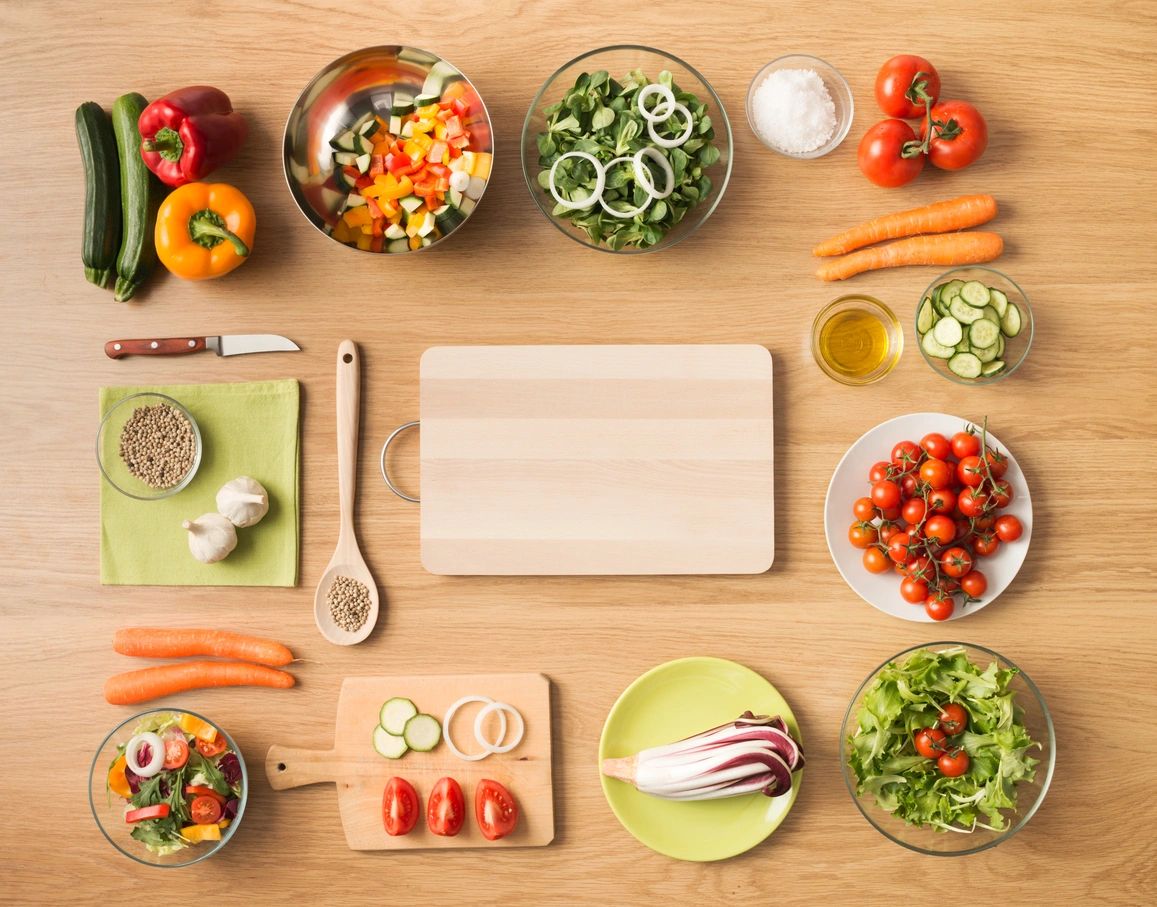Aluminum foil is a go-to for many when it comes to wrapping leftovers or sending food home with guests, but experts caution against relying on it for food storage. While undeniably convenient, aluminum foil falls short in key areas like maintaining freshness and preventing contamination. Unlike airtight containers, foil does little to shield food from air, moisture loss, or harmful bacteria, potentially creating conditions that can lead to foodborne illnesses.
One major drawback of aluminum foil is its inability to create a truly airtight seal. Even the most meticulously wrapped leftovers will allow air to seep in, providing an environment where bacteria can thrive. Effective food storage requires limiting air exposure and retaining moisture to inhibit bacterial growth—tasks that aluminum foil simply isn’t designed to handle. Alternatives such as plastic bags or Tupperware are far better at protecting food and maintaining its safety for extended periods.
Improper food storage with aluminum foil can also encourage the growth of dangerous bacteria like staphylococcus (staph) and Bacillus cereus, as noted by health experts. Staph, commonly found on human skin and in the nose, can contaminate food when hygiene practices are neglected. Once present, these bacteria can multiply and produce heat-resistant toxins, making the food unsafe even after cooking. This underscores the risks of using foil for long-term storage or with foods prone to contamination.
Another concern with aluminum foil is its potential to chemically react with certain types of food. Acidic or salty dishes, such as those containing tomato sauce or marinades, can cause aluminum to leach into the food. This not only affects flavor but also raises health concerns, as excessive aluminum intake has been linked to potential long-term risks. Additionally, improper foil usage can leave food vulnerable to pathogens like Clostridium botulinum and Listeria monocytogenes, both of which can lead to serious, albeit rare, illnesses.
For those who still choose to use aluminum foil, experts recommend limiting its use to short-term storage, ideally no more than two days. Foods should be allowed to cool completely before being wrapped, as hot or warm food can exacerbate the risks associated with foil. For longer-term storage or enhanced safety, airtight containers or resealable plastic bags are the better choice. While aluminum foil may seem like a quick and easy solution, its limitations make it less than ideal for keeping food fresh and safe over time.

